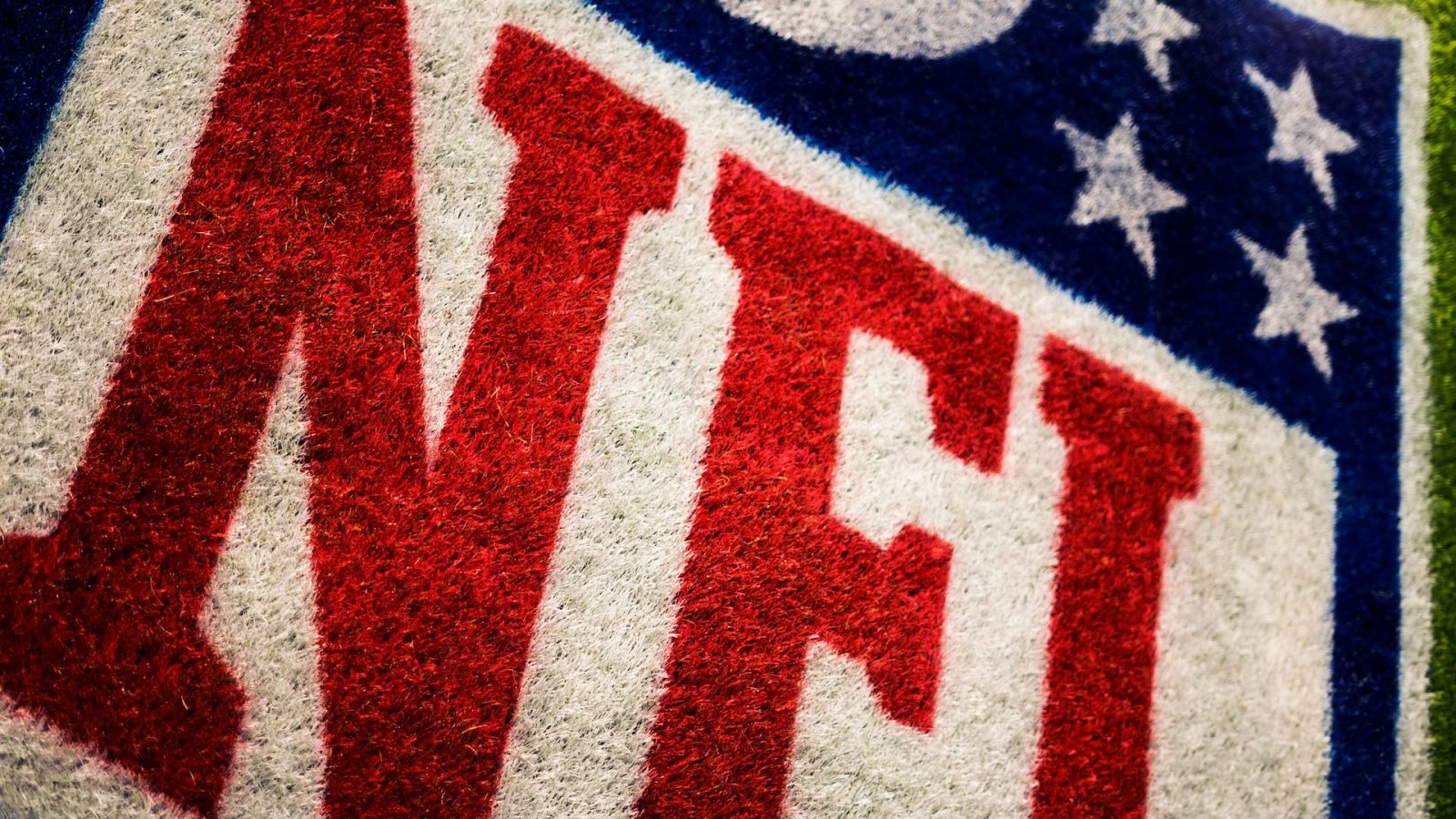
A Pennsylvania man has been charged with illegally flying a DJI Mini 2 drone over Baltimore’s M&T Bank Stadium during the recent National Football League (NFL) AFC Championship game. The incursion of an unidentified and unapproved drone during the Jan. 28 playoff was deemed a serious enough threat that security temporarily suspended the game.
It’s important to know the Federal Aviation Administration (FAA) had put in place a temporary flight restriction (TFR) for the stadium during the game — prohibiting all drones (even those weighing under 250 grams) from operating within a three-nautical mile radius of the venue. This is standard practice for most large sporting events, and the TFR typically goes into effect one hour before the scheduled start time and lasts until one hour after the end of the event.
New: Epic discount deal knocks $120 off Mini 3 (DJI RC) drone
On Jan. 28, FBI agents were called in by Maryland State Police to help locate the drone operator. Troopers encountered Matthew Hebert, a 44-year-old resident of Chadds Ford, who said neither his drone was registered, nor did he possess a remote pilot certificate to operate it. To be clear, a sub-250-gram drone such as the Mini 2 doesn’t require registration if it’s flown only for personal enjoyment but, to ensure responsible flying, operators are expected to take the Recreational UAS Safety Test (TRUST) and carry proof of test passage when flying.
Hebert said he was counting on DJI’s drone flight app, DJI Fly, to prevent him from operating in unauthorized areas. He assumed he was allowed to fly the Mini 2 in the area since his DJI app did not prevent him from doing so.
Now, DJI Fly has recently added a new “Before You Fly” section to provide information on flight compliance requirements and important considerations for flying at different locations but the drone maker has always urged pilots to follow local drone laws and regulations. The FAA categorically advises drone flyers to use its B4UFLY service to see where they can and cannot fly.
Top comment by BillNM
He flew where it's illegal to fly. Like driving a car on a runway. It's not about the danger of "the toy", it's about where it was flown.
We can't have people flying drones in security areas, as it COULD be someone up to no good - meaning, for instance and in this case, the game had to be stopped until the severity of the security threat was known.
During his two-minute flight at about 100 meters (330 feet), Hebert captured some six photos of himself and the stadium and may have taken a video as well. But he didn’t realize his flight had disrupted the game until he was approached by a trooper. His initial appearance and arraignment will be scheduled later this month.
If convicted, Hebert faces a maximum sentence of three years in federal prison for knowingly operating an unregistered drone and for knowingly serving as an airman without an airman’s certificate. He also faces up to one year in federal prison for willfully violating United States National Defense Airspace. But you should know that actual sentences for federal crimes are typically less than the maximum penalties.
“Operating a drone requires users to act responsibly and educate themselves on when and how to use them safely,” says R. Joseph Rothrock, acting special agent in charge of the FBI’s Baltimore Field Office. “The FBI would like to remind the public of the potential dangers of operating a drone in violation of federal laws and regulations. The reckless operation of a UAS in the vicinity of a large crowd can be dangerous to the public, as well as interfere with other law enforcement and security operations.”
Read more: DJI Air 3 drone combos are 20% off right now
FTC: We use income earning auto affiliate links. More.





Comments